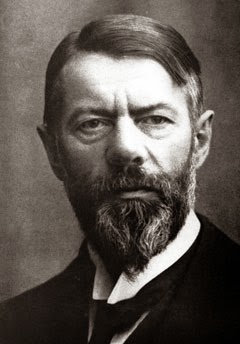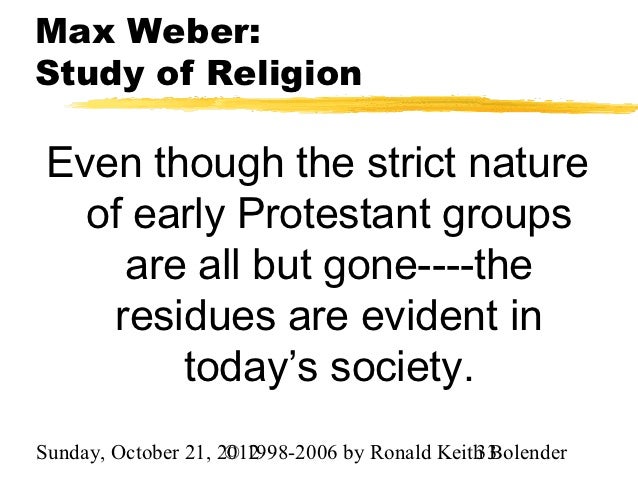

VZQ~~/s-l300.jpg)

Weber first elaborated this theory in his seminal work The Protestant Ethic and the Spirit of Capitalism (1905), where he included ascetic Protestantism among the major " elective affinities" leading to the rise of market-driven capitalism and the rational-legal systems of practice in the Western world. Weber is also known for his thesis combining economic sociology and the sociology of religion, emphasising the importance of cultural influences embedded in religion as driving factors of capitalism. He formulated a thesis arguing that such processes are associated with the rise of capitalism and modernity. Weber's main intellectual concern was in understanding the processes of rationalisation, secularisation, and the ensuing sense of " disenchantment". Also unlike Durkheim, Weber was a key proponent of methodological anti-positivism, arguing for the study of social action through interpretive rather than purely empiricist methods, based on a subjective understanding of the meanings that individuals attach to their own actions. Unlike Durkheim, Weber did not believe in monocausal explanations, proposing instead that for any outcome there can be multiple causes.

While Weber did not see himself as a sociologist, he is recognized as one of the fathers of sociology, along with Karl Marx and Émile Durkheim. His ideas profoundly influence social theory and research. Maximilian Karl Emil Weber ( / ˈ v eɪ b ər/ German: 21 April 1864 – 14 June 1920) was a German sociologist, historian, jurist and political economist, who is regarded as among the most important theorists of the development of modern Western society.


 0 kommentar(er)
0 kommentar(er)
